The Cabinet on Monday gave the final approval to the draft of the Abandoned Houses (Supplementary Provisions) Act, 2022 with a provision stating that the confiscated properties of a convicted war criminal would be treated as "abandoned assets".
The approval came at the weekly Cabinet meeting held at the Secretariat with Prime Minister Sheikh Hasina in the chair.
The premier joined it virtually from her official residence Ganabhaban, while her cabinet colleagues and others were at the meeting room of the Cabinet Division.
The existing law is also an ordinance of 1985. Since it was promulgated during the military regime, the new law had to be brought as per the judgment of the High Court.
"Few small changes were made here," said Cabinet Secretary Khandker Anwarul Islam while briefing reporters after the meeting.
He added: "If anyone is convicted in a war crimes case and the court seizes his or her properties, these will be considered as abandoned properties under the proposed law."
Besides, the final authority was given to the head of the government instead of the government in case of disposal of anything regarding high-valued buildings like that in Gulshan, Banani and Dhanmondi, he said, reports BSS.
The draft law was placed to replace the Abandoned Buildings (Supplementary Provisions) Ordinance, 1985.
On the other hand, the Cabinet in principle approved the draft of the "Evidence (Amendment) Act, 2022" with the aim of setting up legal shape for the submission of digital evidence before the court.
"The digital evidence will be accepted from now as per the proposed law," the cabinet secretary said.
He said evidence, documents and such other things were given online after the inception of digital or online trials of cases amid the Covid-19 pandemic. There is nothing directly mentioned about online or digital evidence in the existing Evidence Act, he said.
With the existing law, many legal complicacies might appear if any aggrieved person files a petition with the higher court, challenging the verdict of the lower court in case of acceptance of digital evidence or documents, he said.


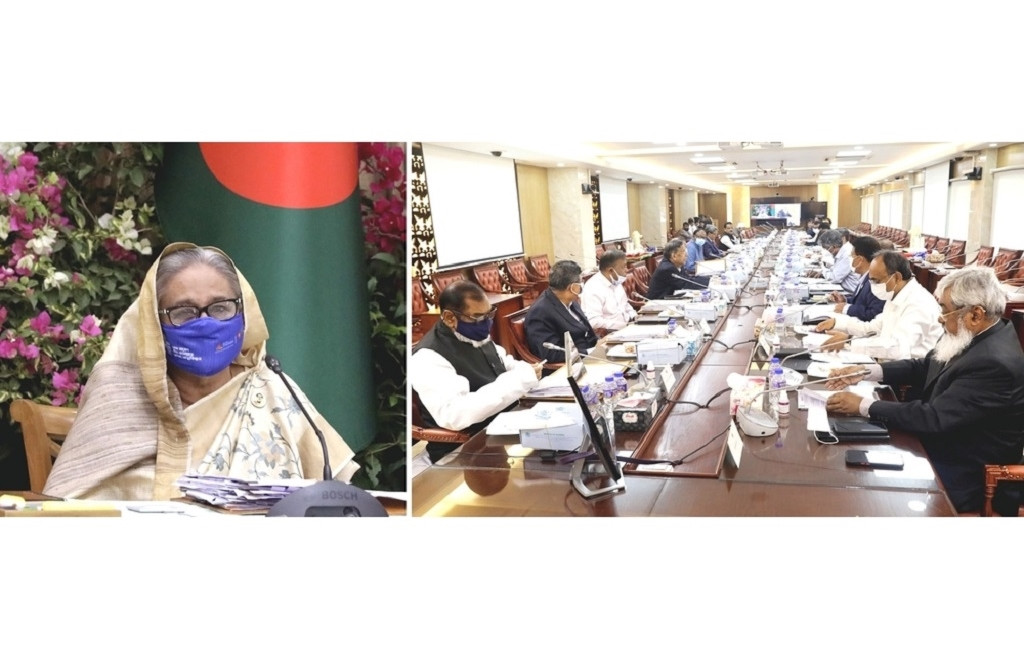


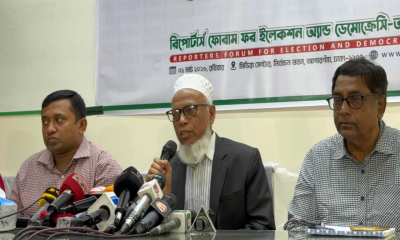
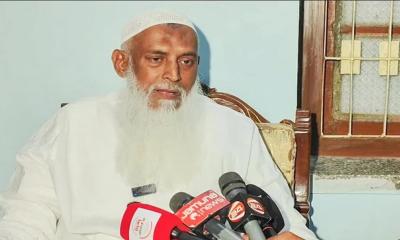
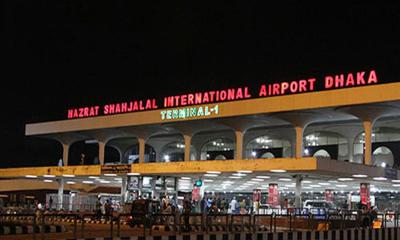







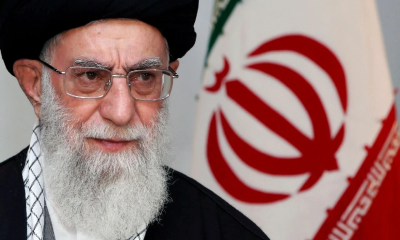
-20260301064029.webp)

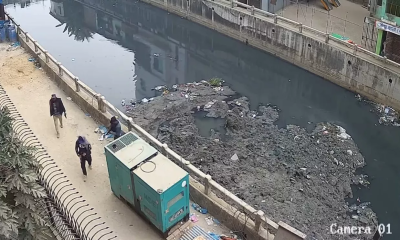

-20260228080513.webp)




-20260224075258.webp)






-20260225072312.webp)
